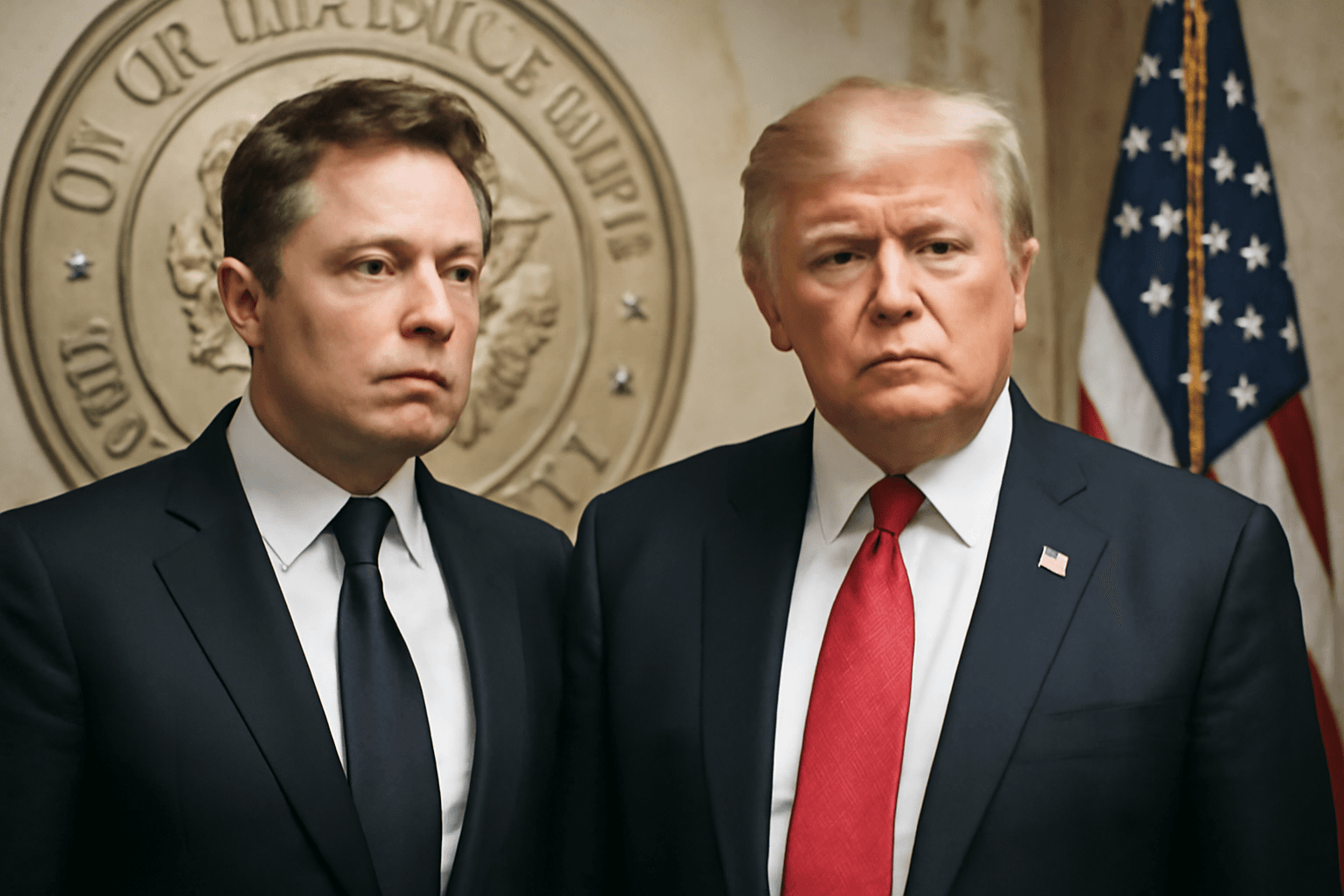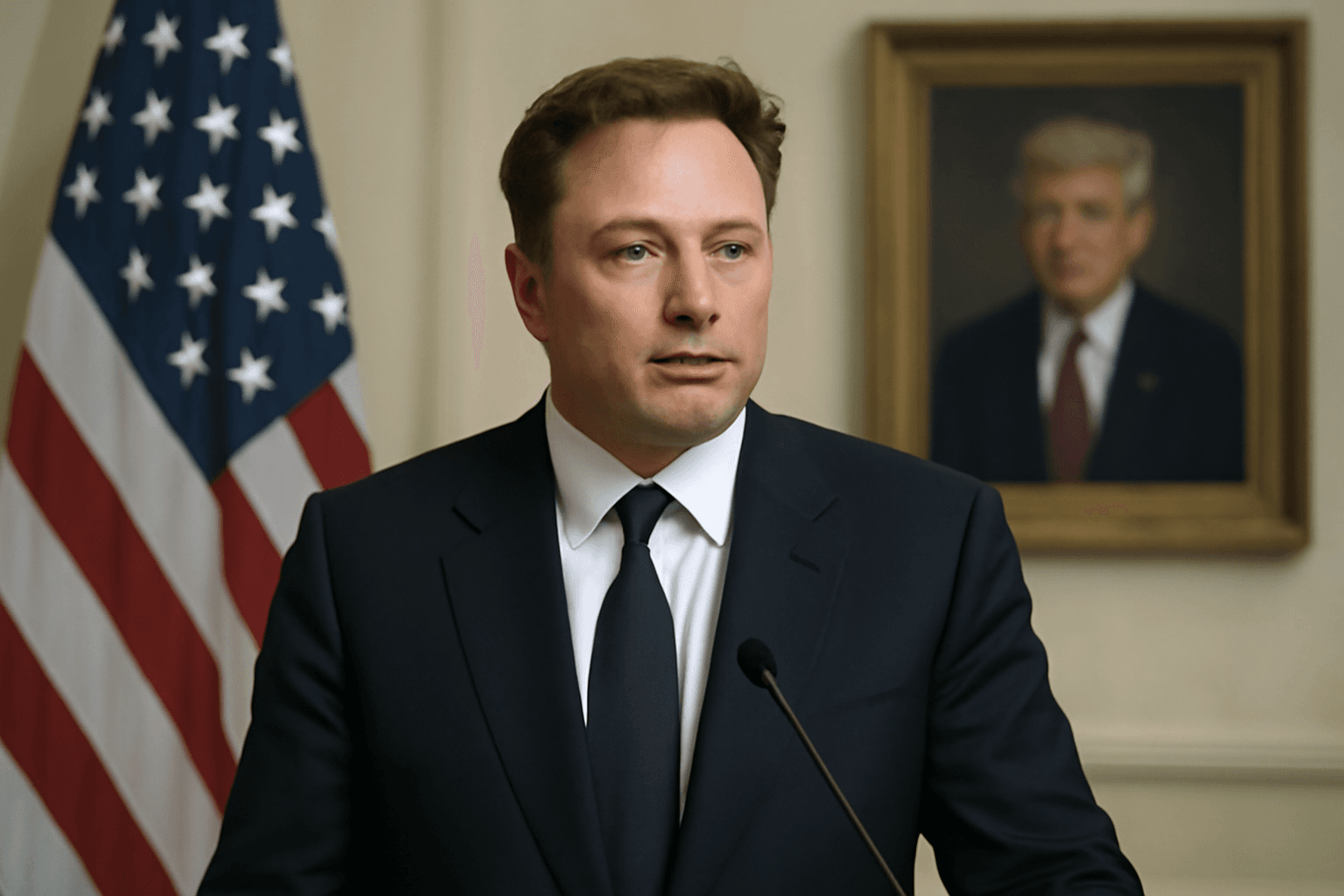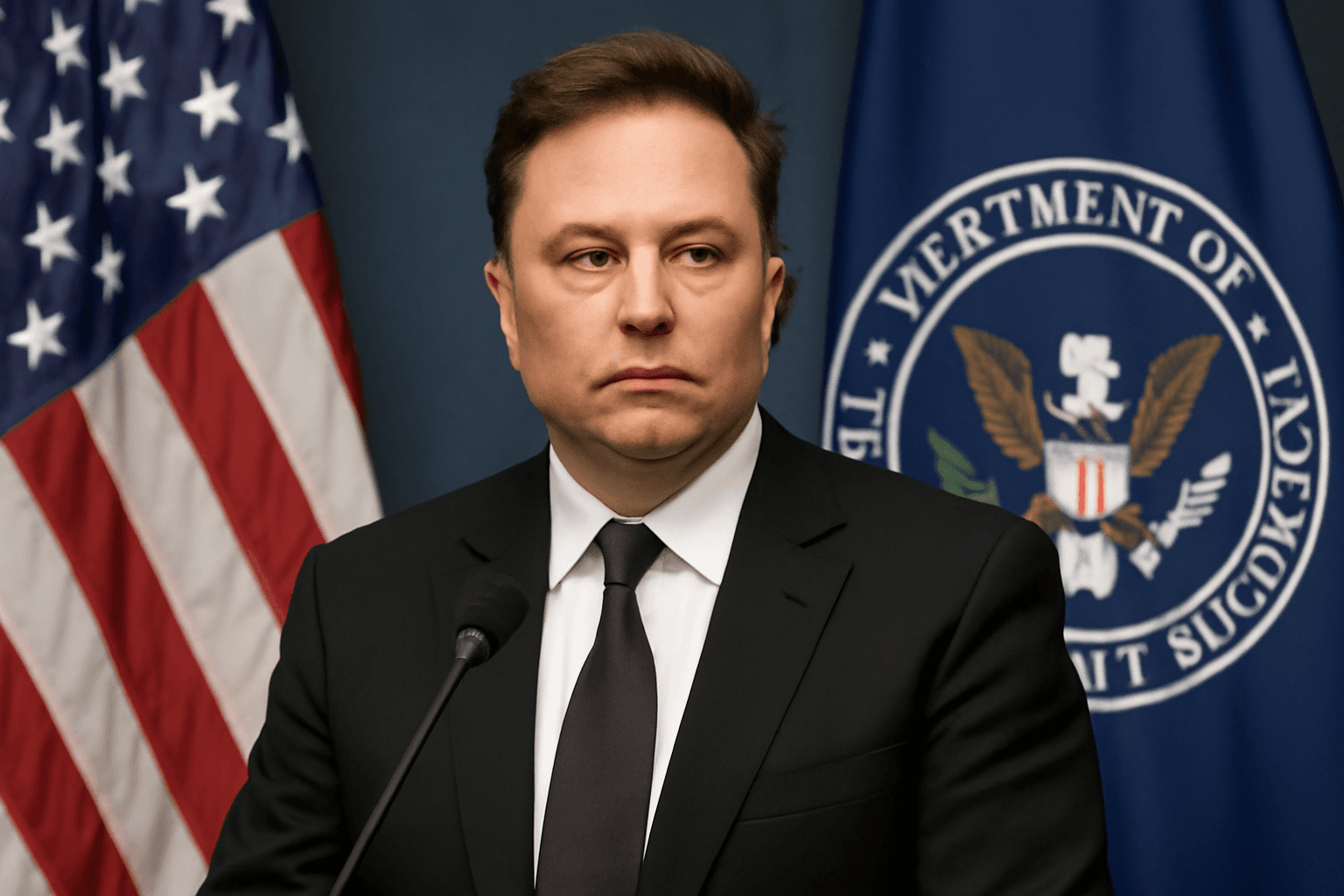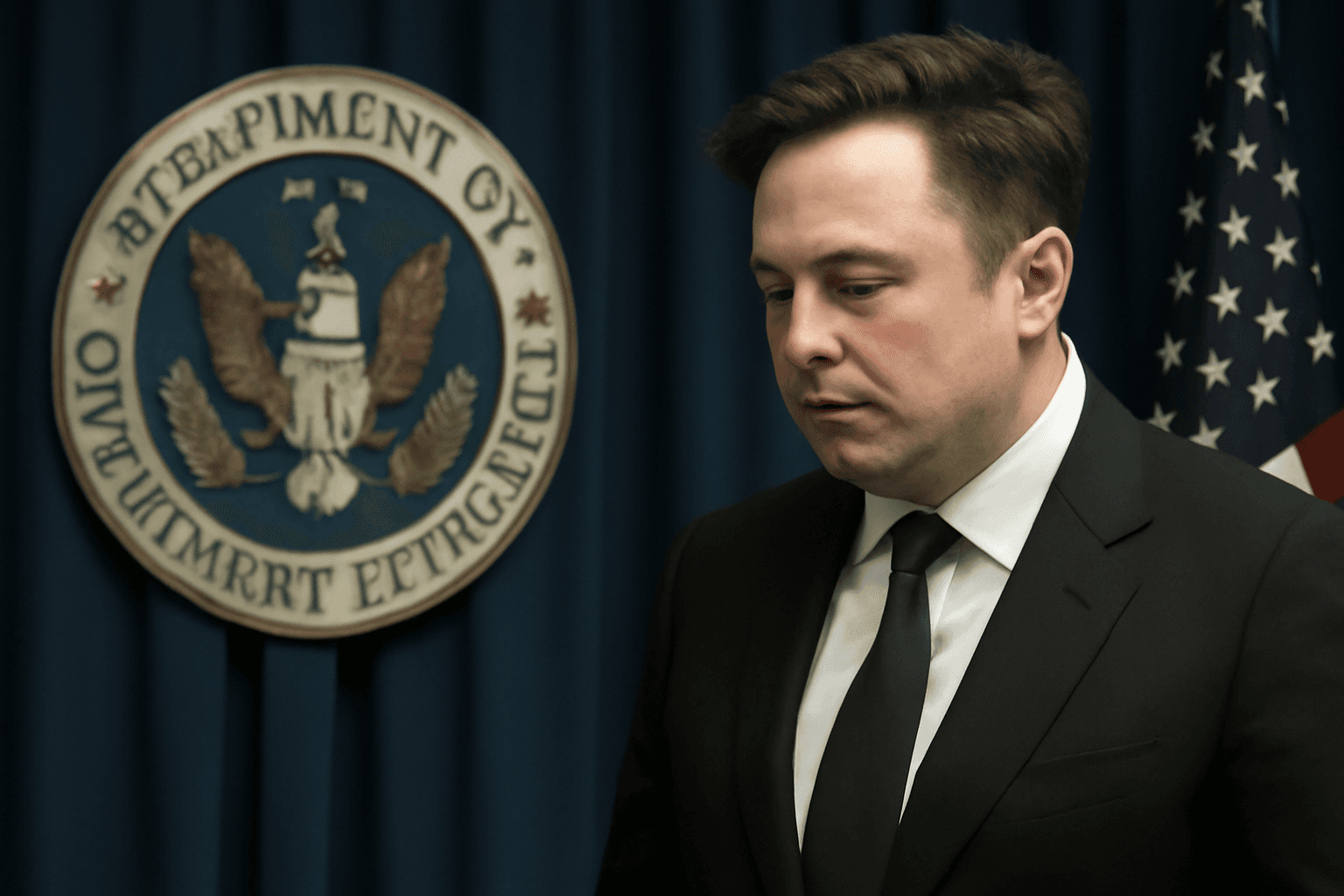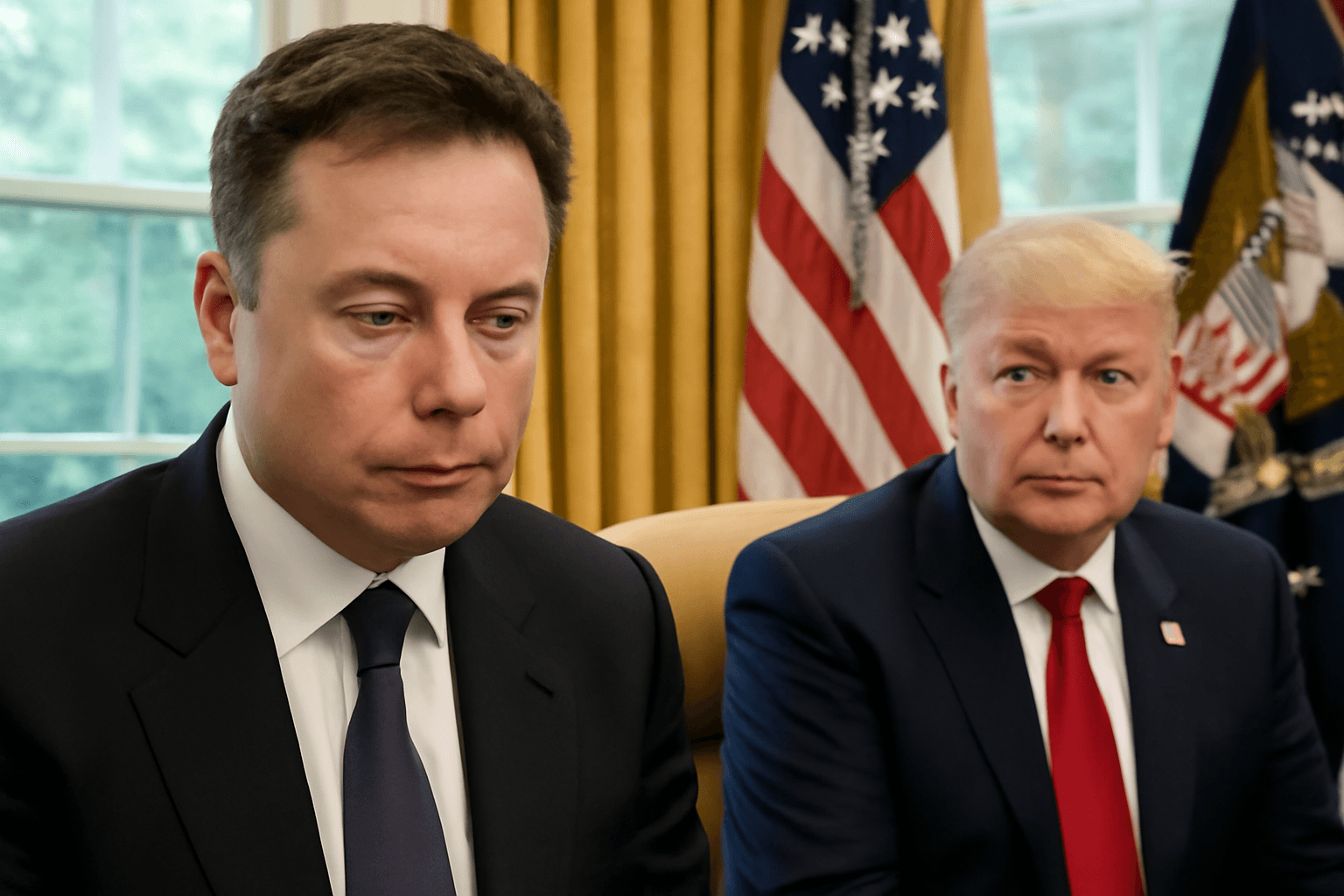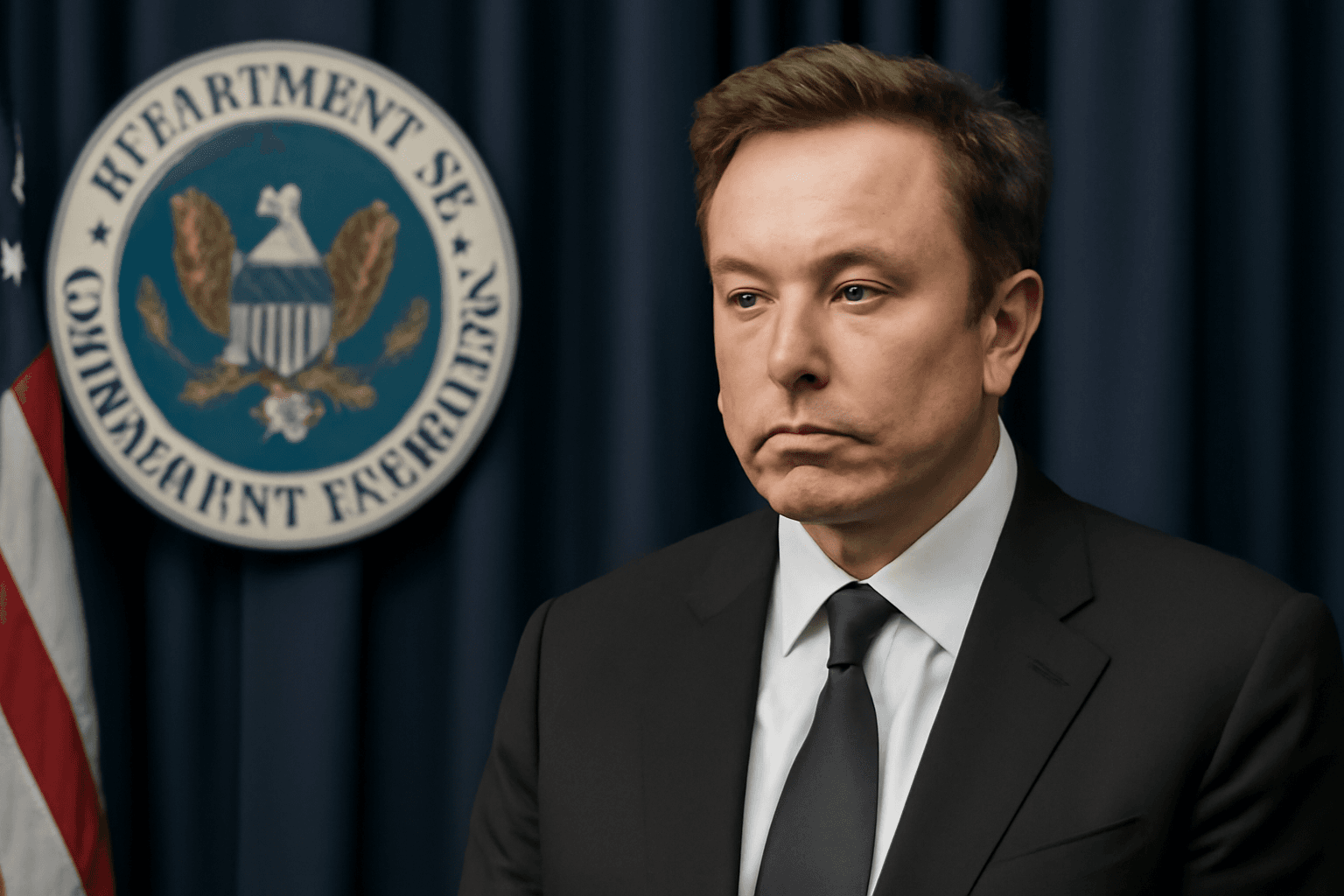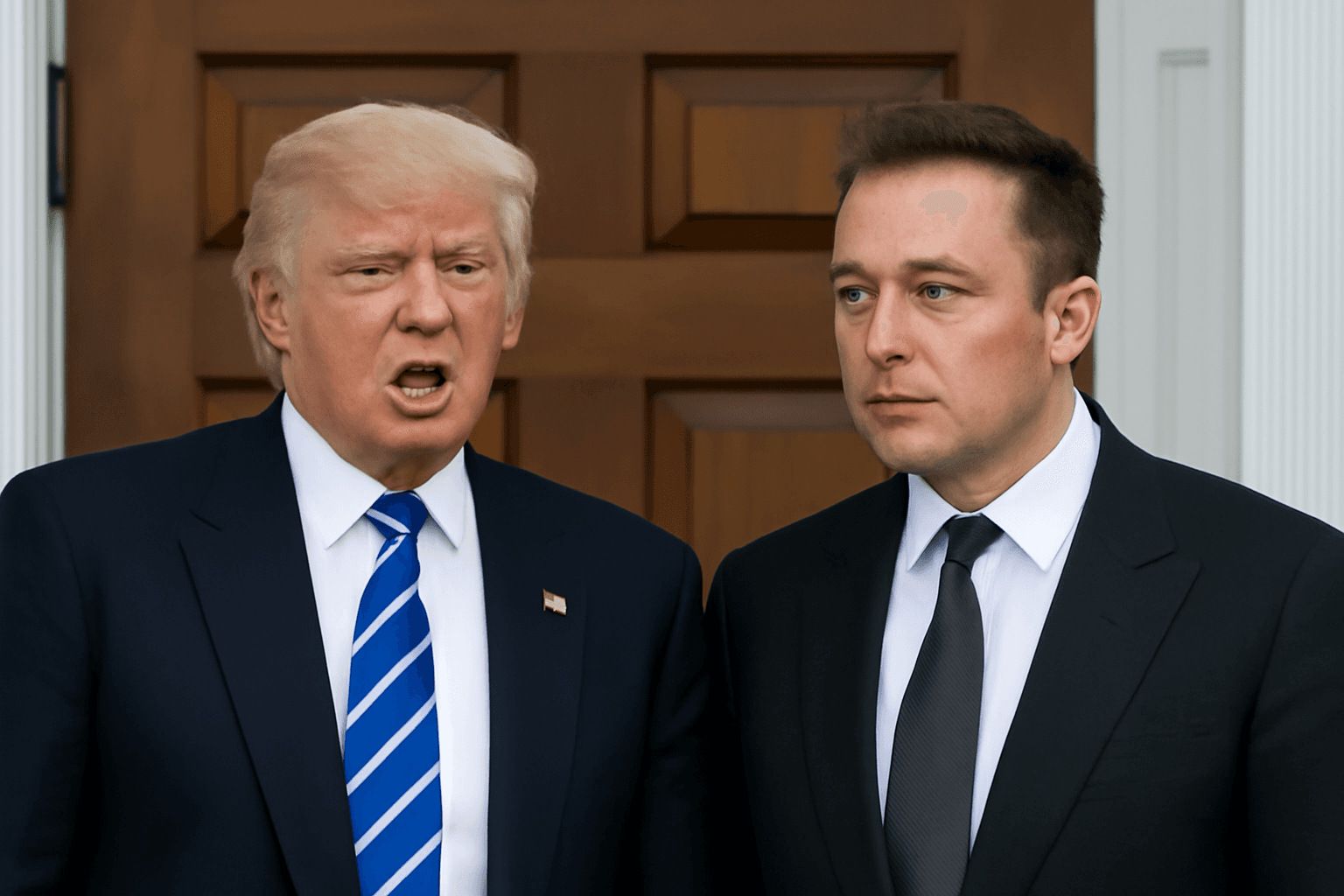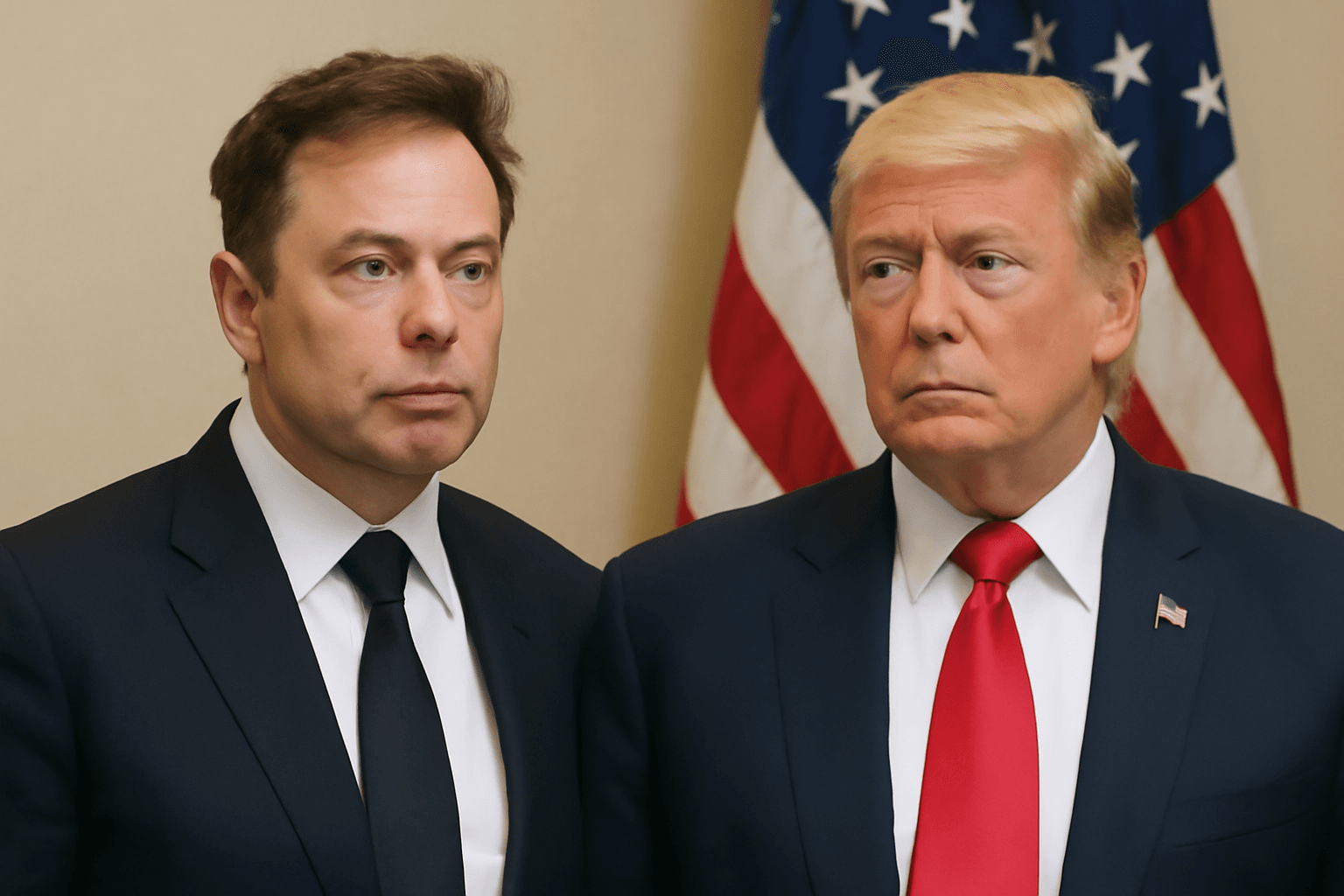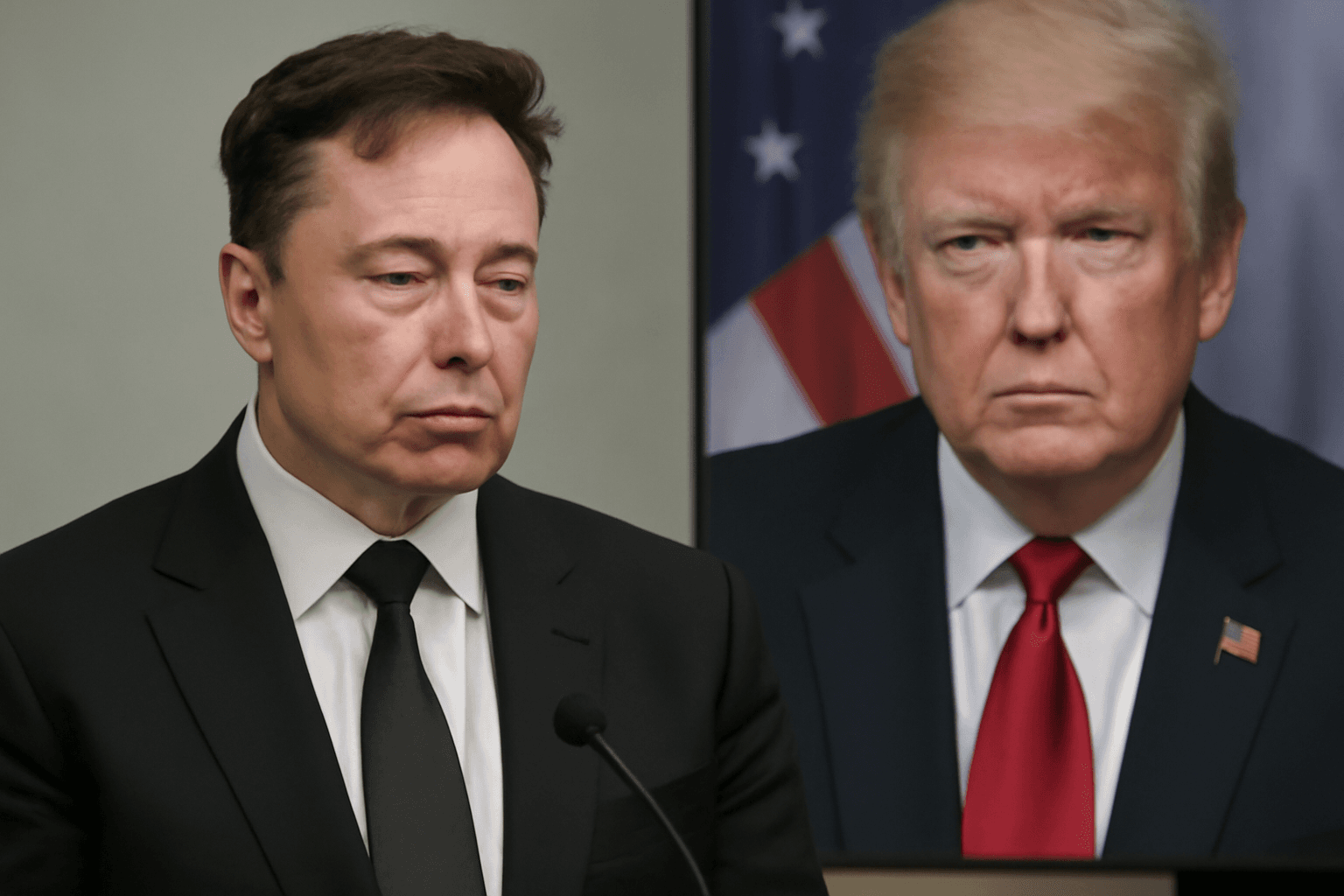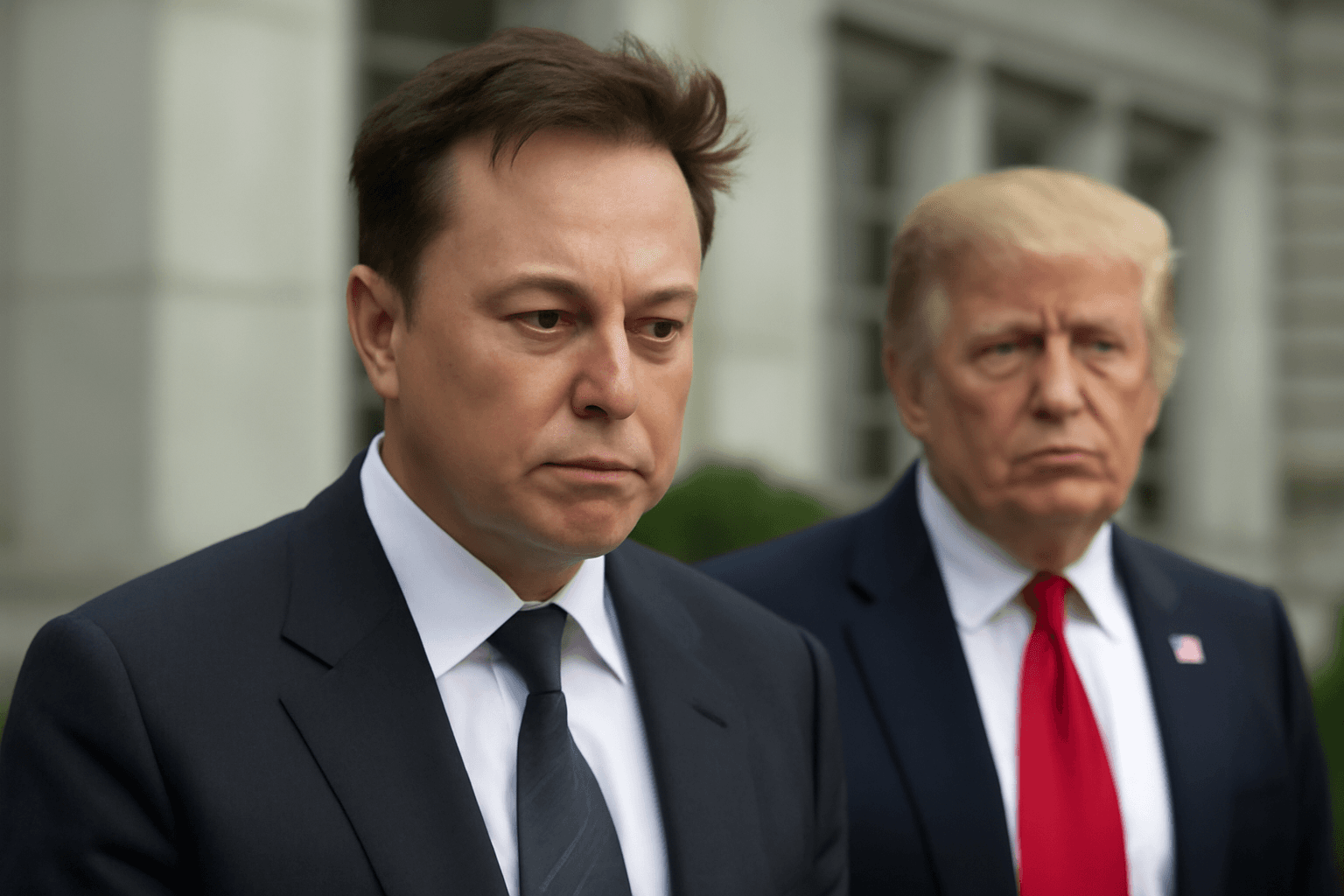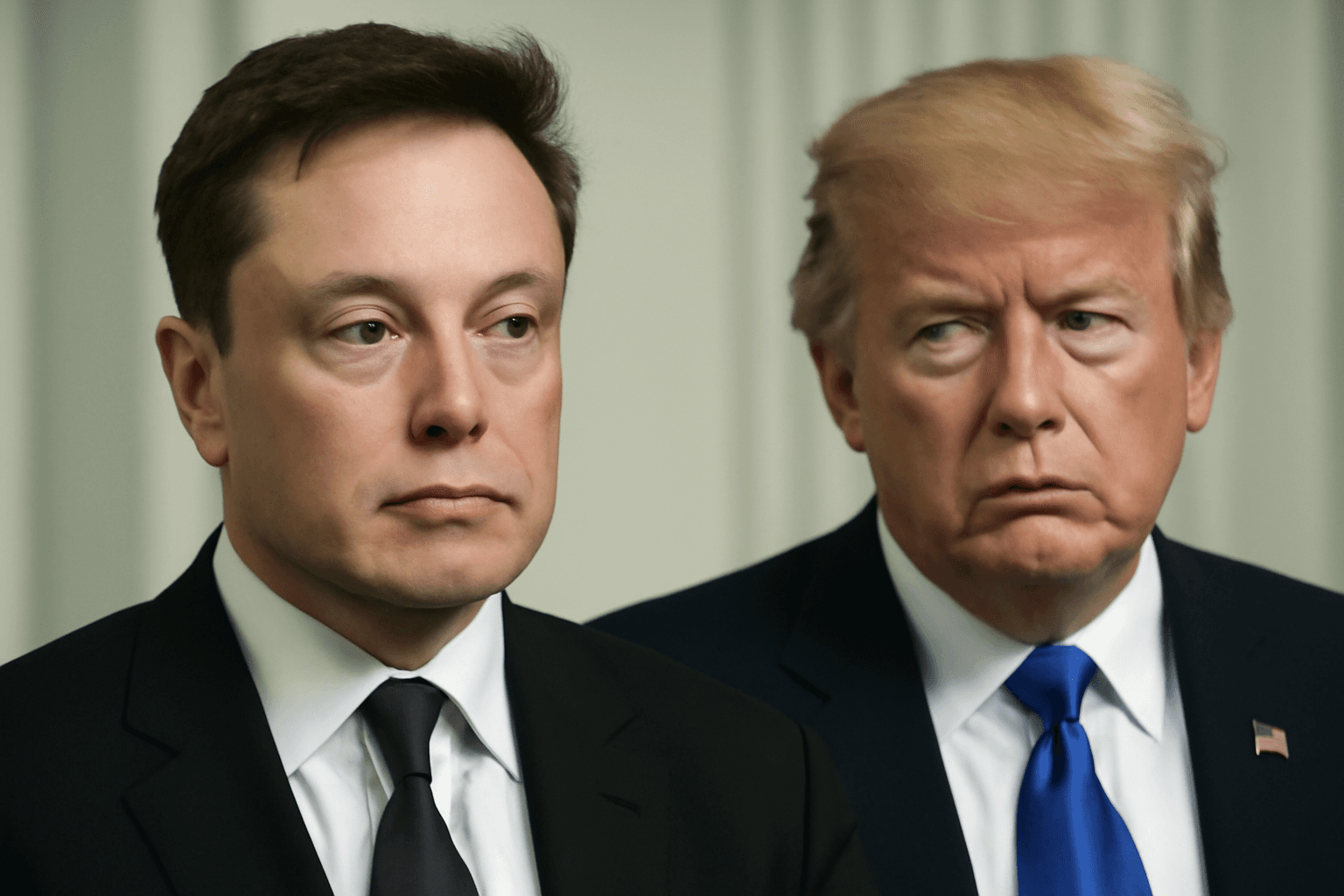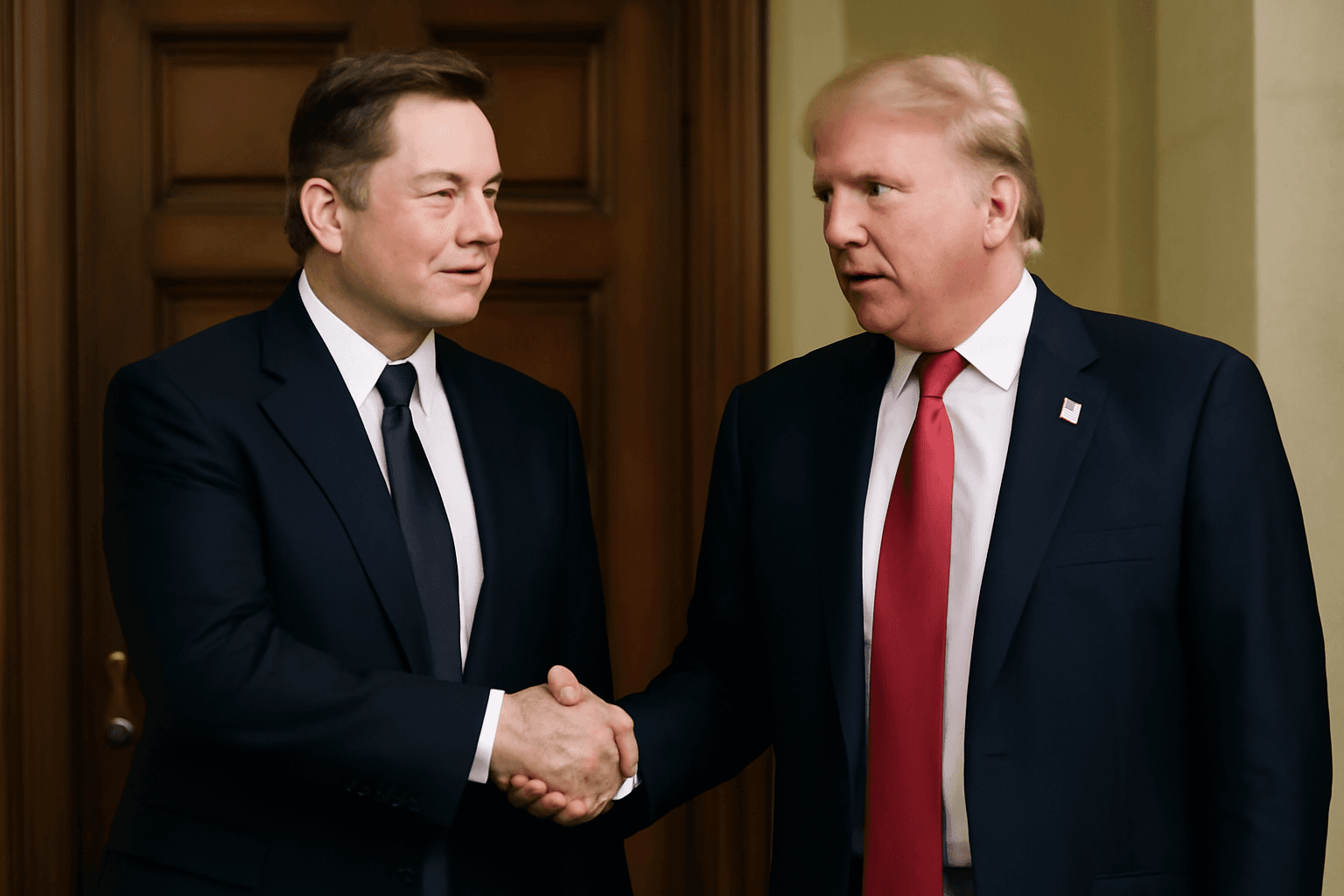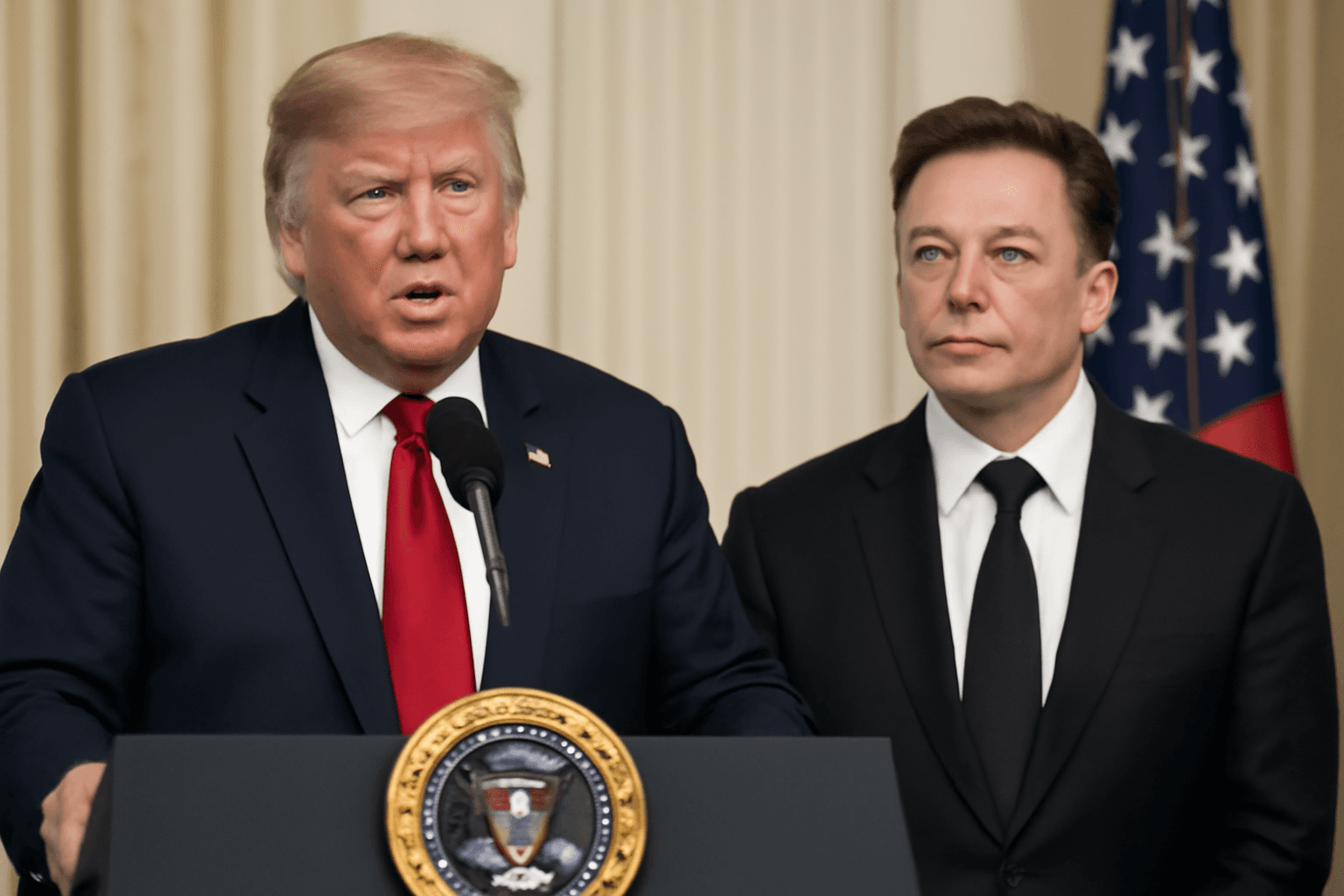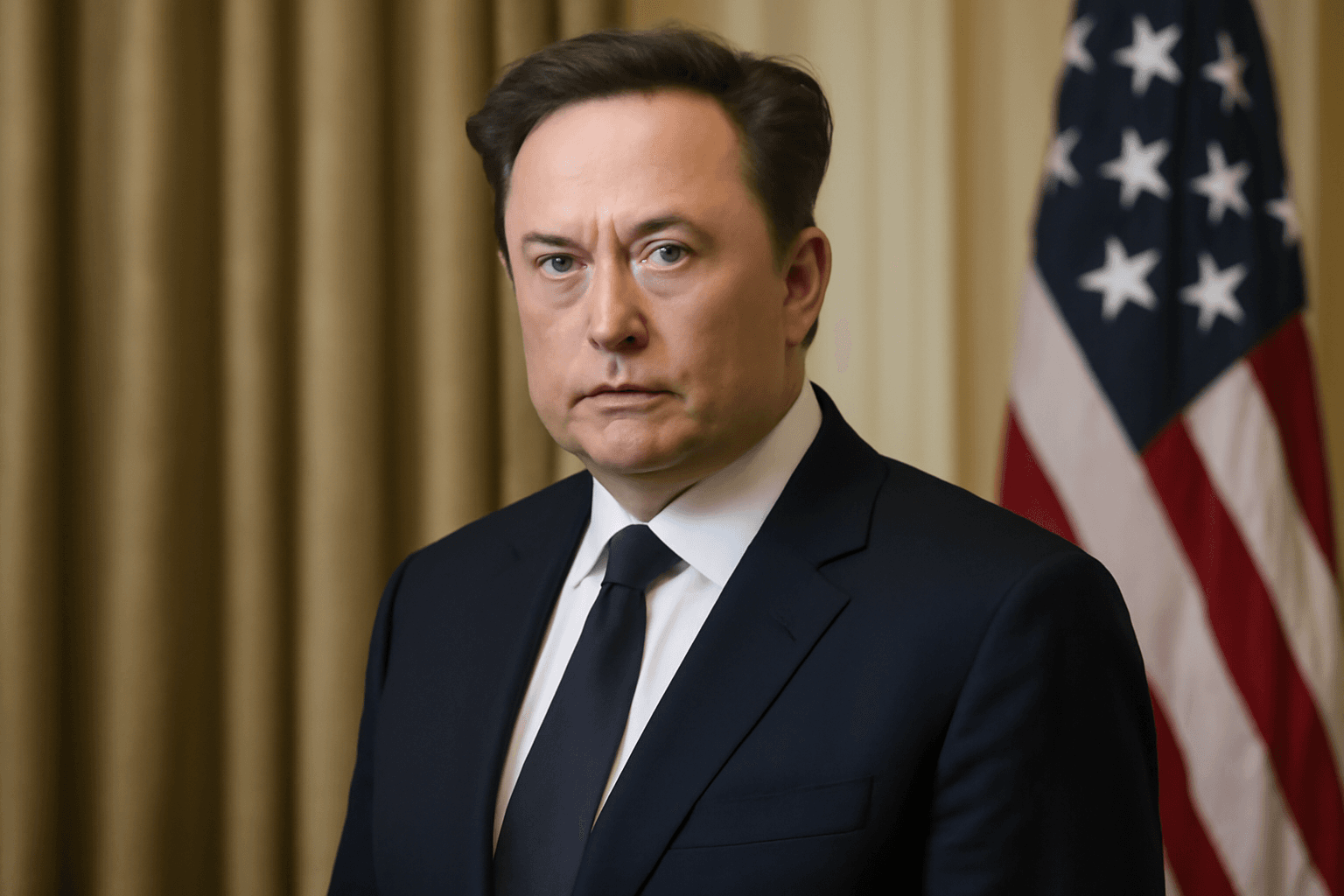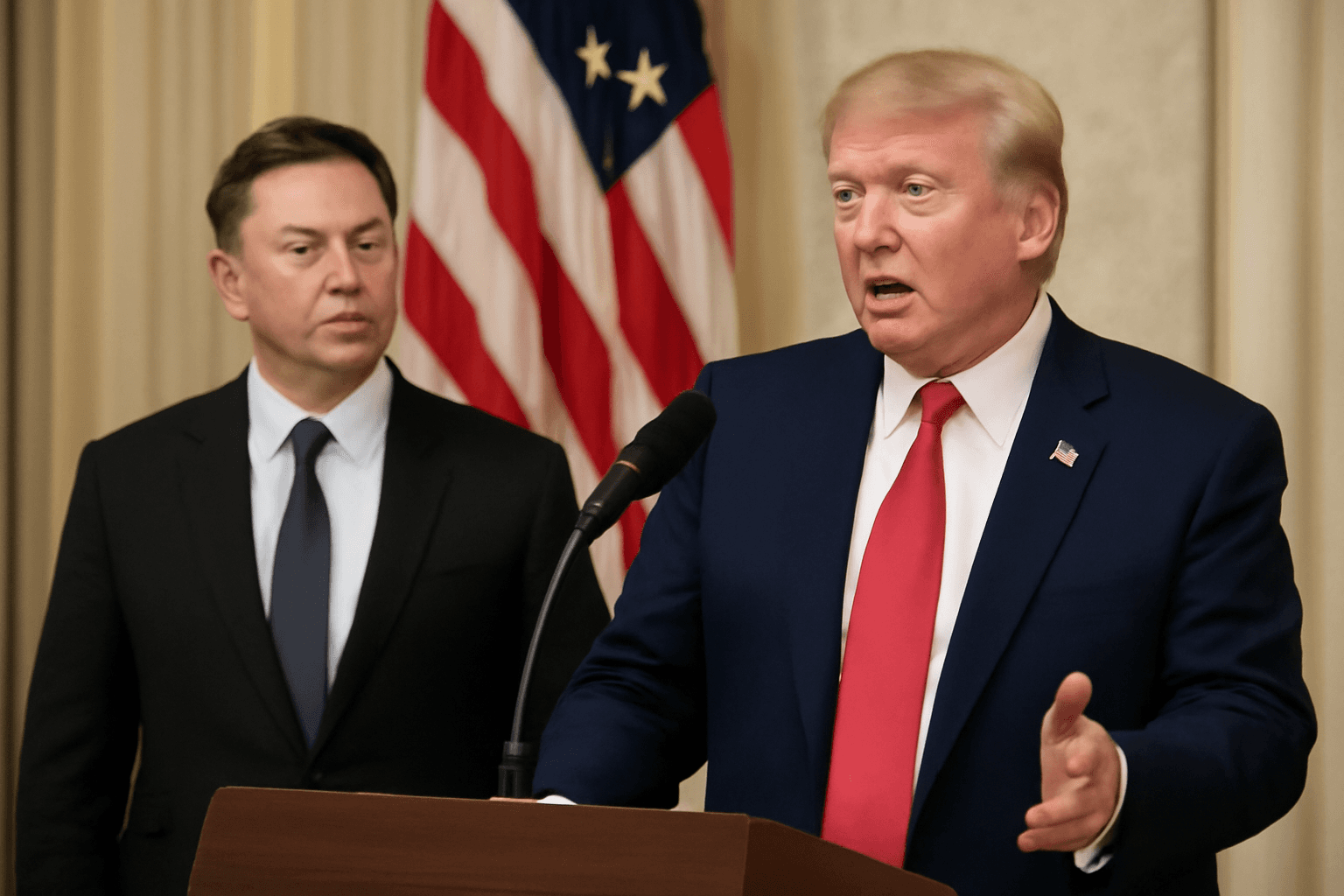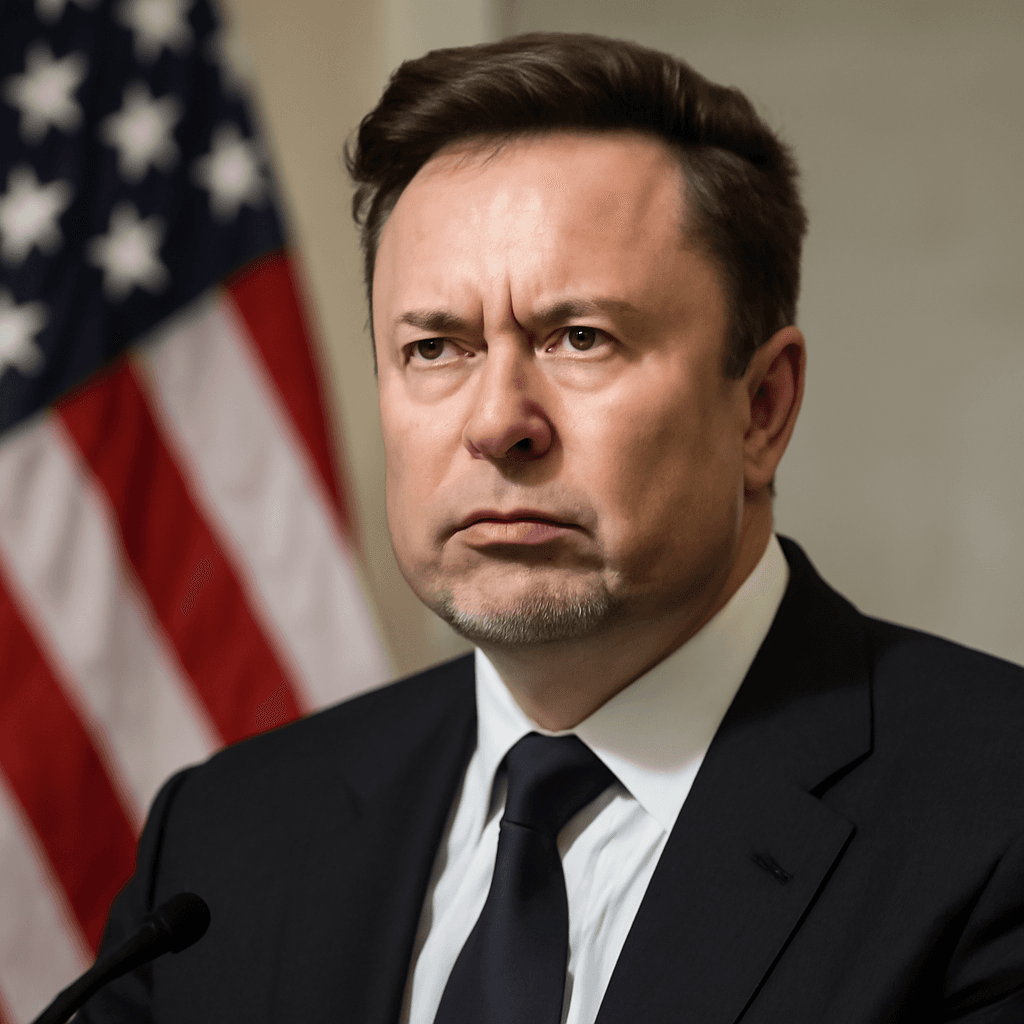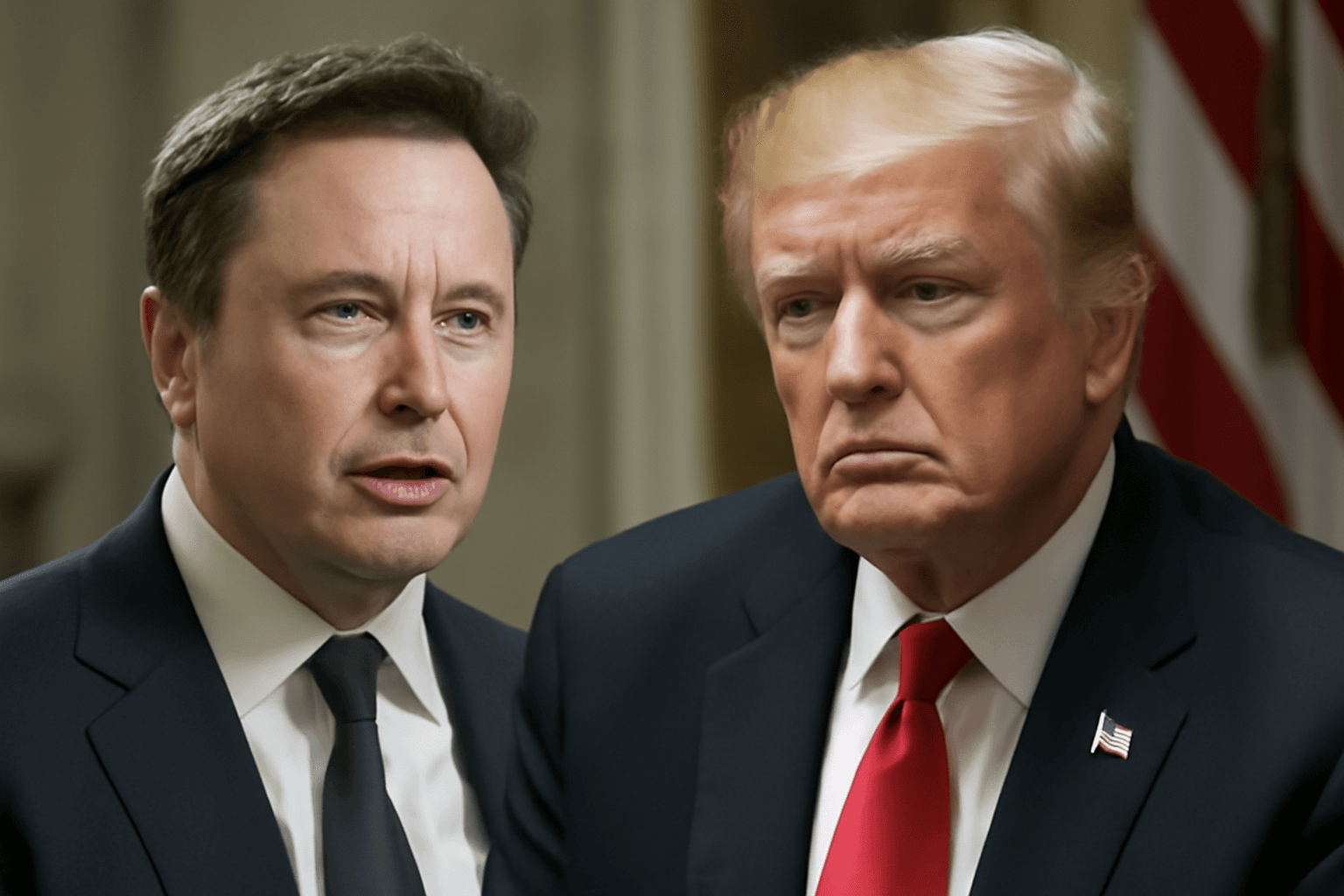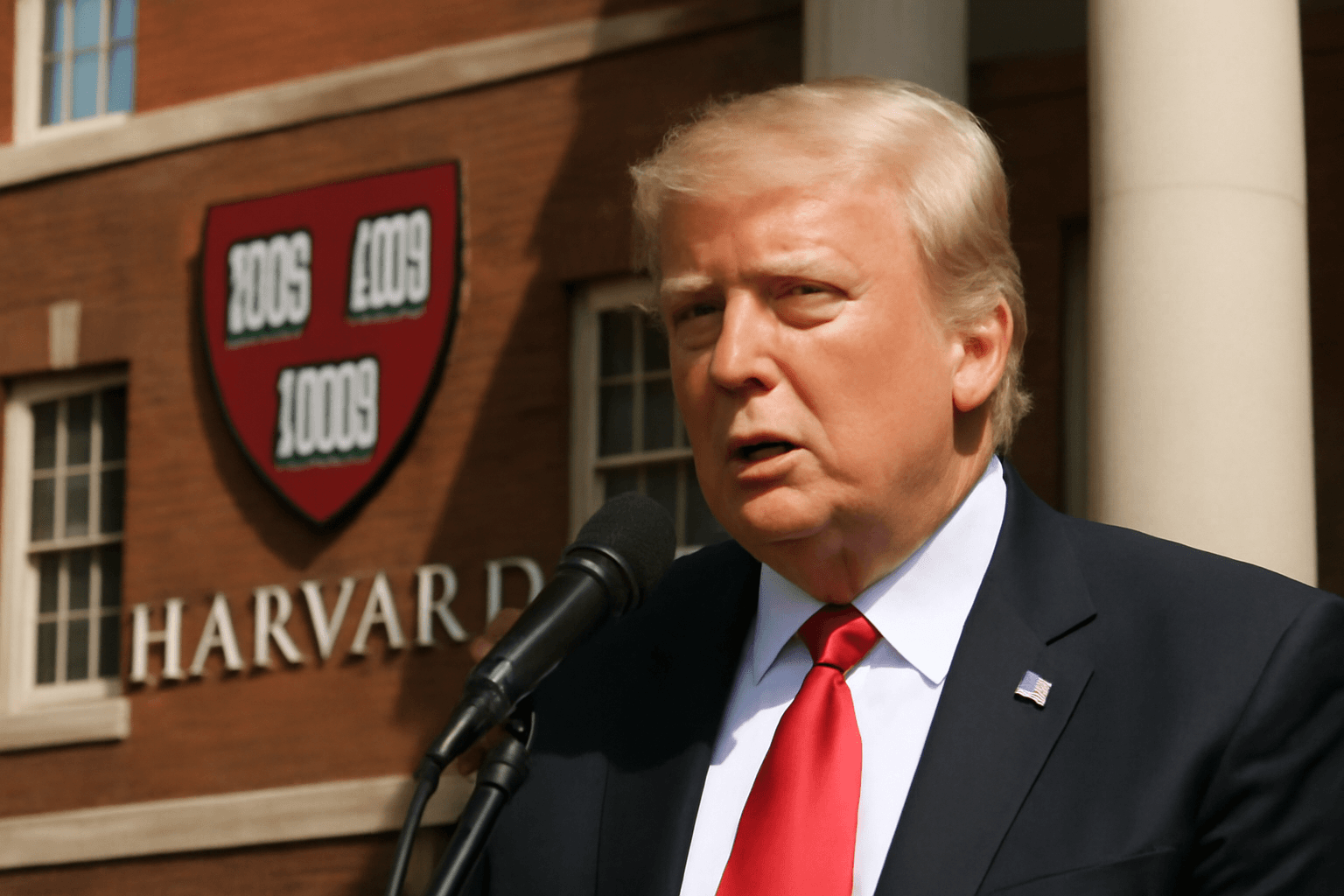Billionaire entrepreneur Elon Musk has announced the conclusion of his advisory role to former President Donald Trump, raising questions about the future of the Department of Government Efficiency (DOGE) initiative he spearheaded. Musk cited the statutory end of his term as a Special Government Employee and fundamental disagreements over Trump's fiscal policies as primary reasons for stepping down.
In a post on X, Musk expressed gratitude to President Trump for the opportunity to tackle government wasteful spending, stating, “As my scheduled time as a Special Government Employee comes to an end, I would like to thank President @realDonaldTrump for the opportunity to reduce wasteful spending. The @DOGE mission will only strengthen over time as it becomes a way of life throughout the government.”
Key Reasons Behind Musk’s Departure
1. Statutory Limitations on Advisory Role
Musk’s advisory position was legally limited to 130 days of service within a 365-day period, with his term concluding in late May 2025. This temporary role was never intended as a long-term executive position, making the end of his tenure anticipated.
2. Opposition to the “Big Beautiful Bill”
Musk publicly criticized President Trump’s signature legislation, described by Trump as the “big beautiful bill.” Musk labeled it a “massive spending bill” that would further increase the federal deficit. The bill, which bundled tax cuts with enhanced immigration enforcement, conflicted directly with DOGE’s mission of government spending reduction. In a CBS interview, Musk stated, “I think a bill can be big or it could be beautiful, but I don't know if it could be both,” highlighting the discord over fiscal priorities.
3. Challenges with Federal Bureaucracy
Musk’s reform efforts were stymied by entrenched bureaucratic resistance and slow institutional change. Describing the experience to The Washington Post, Musk admitted the complexities were “much worse than I realized,” likening his efforts to an “uphill battle.” Additionally, the DOGE initiative became a focal point of public criticism, with repercussions extending to Musk’s other ventures, including Tesla, which faced protests linked to his government involvement.
4. Limited Success in Spending Cuts
While DOGE aimed for significant budget savings, actual results fell short. Initially targeting $2 trillion in savings, expectations were scaled back to $150 billion. Despite workforce reductions—approximately 100,000 civilian federal positions cut—this was below initial goals and typical retirement numbers. The reported $175 billion saved represents a modest achievement relative to early ambitions.
5. Renewed Focus on Corporate Responsibilities
Musk’s departure coincides with a strategic decision to refocus on his core companies, notably Tesla, which has faced recent sales and profitability challenges. Musk announced plans to reduce his DOGE involvement starting May 2025 to dedicate more attention to business priorities amid political and economic uncertainties affecting Tesla.
Throughout his advisory tenure, Musk maintained a low-profile role, describing himself as “chief nothing officer.” His exit, however, raises important questions about DOGE’s future capacity to advance government efficiency reforms.

